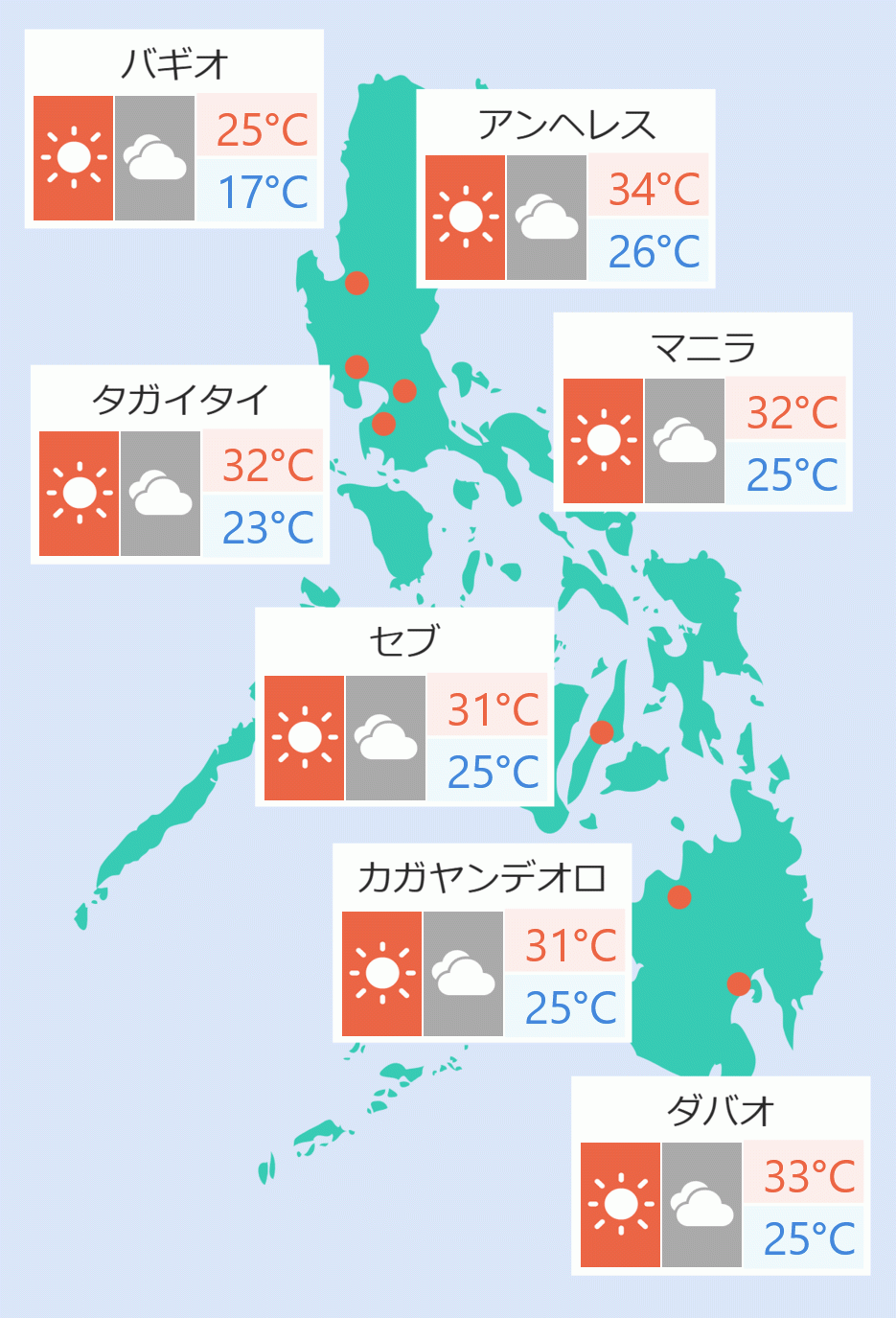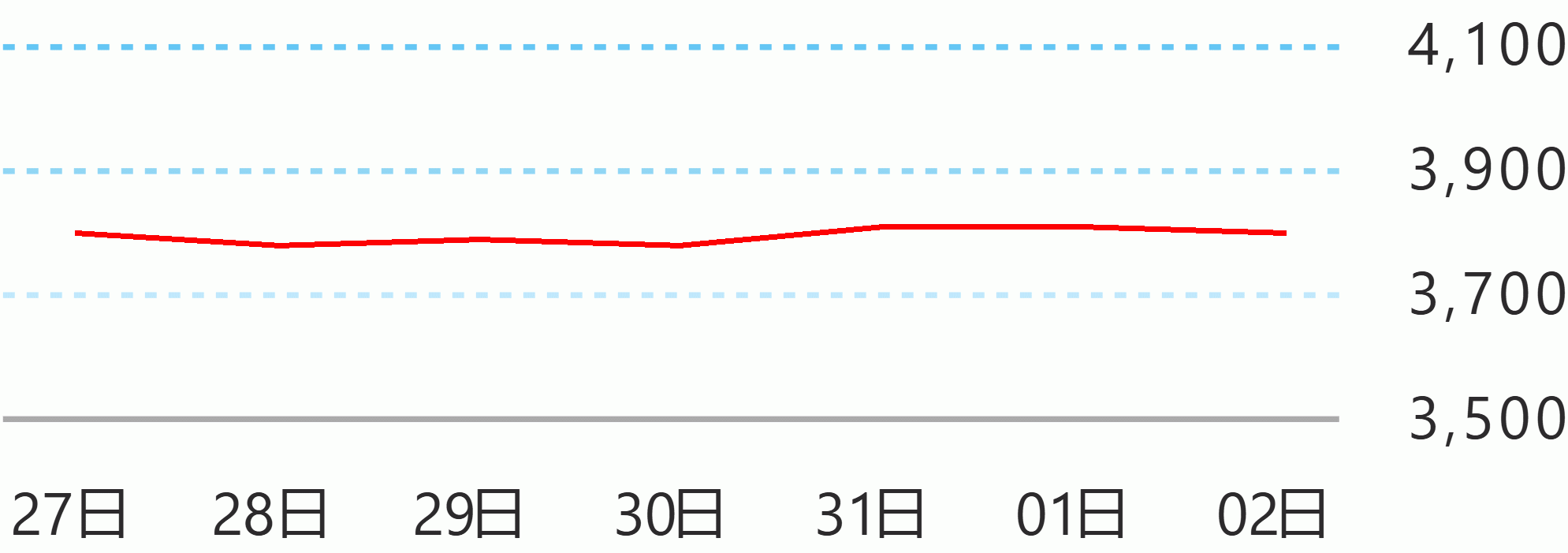Japanese forces can bring in weapons once the Reciprocal Access Agreement (RAA) is signed, the military said.
Unlike now that the Japanese-Self Defense Forces (JSDF) only participates in Humanitarian and Disaster Response (HADR) training, Armed Forces of the Philippines (AFP) Chief of Staff Romeo Brawner explained that once the RAA was signed the Japanese forces can also join combat exercises.
"Yes they can bring in weapons. Now they are not allowed yet, so when they arrive here they only train on how to rescue," Brawner said.
Brawner said once the RAA is signed Filipino troops can join the exercises with the JSDF in Japan while Japanese forces can also join drills with the AFP in Philippines, like the Balikatan.
"There are a lot of exercises on both sides so once it was approved it's either they will come here or we will go there that is why it is reciprocal," he said.
Brawner added that once the RAA is signed the JSDF can also assist the Philippines in evacuating Filipinos in conflict affected areas like Taiwan as he confirmed that the military has a plan for repatriation of Filipinos if tensions in Taiwan Strait worsen.
"As far as we are concerned in the AFP, our preparation is for the repatriation of Filipinos, so we have plans on that, we will pick them up," he said.
"If that happens some will come here. Those who will be evacuated are not only Filipinos but also the Taiwanese can come here, refugees, or Japan. There are two options that we are looking at, maybe those who are in the northern (part of Taiwan) will go to Japan, while others (in the southern part of Taiwan) will come to us," he said.
Brawner said the AFP have not discussed the matter with its Japanese counterpart as he emphasized that in case the conflict in Taiwan happened the JSDF might also be busy in repatriating their citizens from Taiwan. Robina Asido/DMS





 English
English










